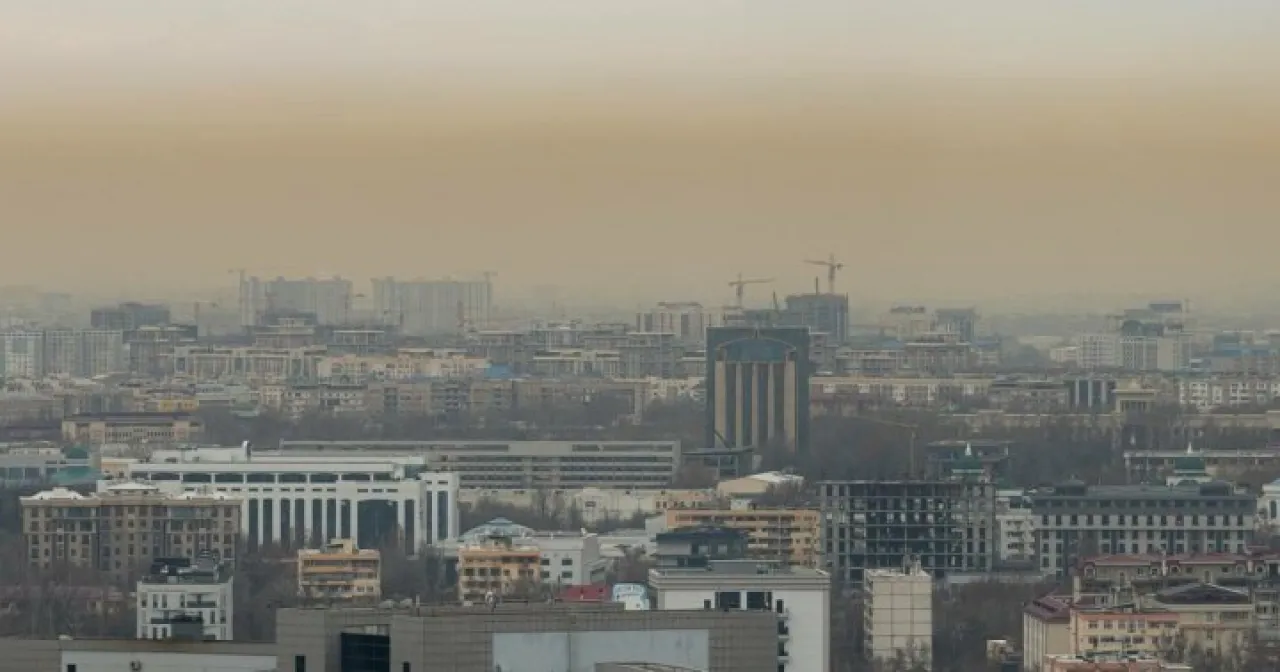Uzbekistan is showing results in the fight against air pollution

In Tashkent, the analysis of air quality data for the first ten days of November in 2024 and 2025 partially demonstrates the effectiveness of measures taken by the government. Although the Air Quality Index (AQI) still reached hazardous levels on some days, an average improvement has been observed.
During the same period in 2024, the AQI averaged 119.8, while in 2025, this figure decreased to 109.9. However, on certain days, such as November 3, 2025, the AQI reached 176, and on November 9, it was 161.
At the same time, on November 4, the index was 28, marking one of the best results in recent years. Air pollution during the autumn-winter season remains a significant issue affecting the quality of life for residents.
The government has adopted a series of laws and initiated systematic solutions in this regard. In particular, programs aimed at improving the air quality in Tashkent have been developed.
Among these measures are the gradual banning of fuel below the "Euro-4" standard and the modernization of oil refining plants. Additionally, plans include establishing large "green zones" in and around Tashkent.
In October 2025, new measures aimed at reducing emissions from industrial enterprises and greenhouses were introduced. These include installing modern dust and gas cleaning systems.
The Tashkent administration, along with law enforcement agencies, is intensifying efforts to conduct environmental raids, especially to detect violations by coal-burning greenhouse operations. These measures are being implemented as part of the country's "green economy" strategy, which has been declared a national priority.
Despite statistical improvements, the situation remains complex. For example, the concentration of fine particles like PM2.5 continues to exceed World Health Organization recommendations on some days, highlighting the need for consistent and long-term implementation of approved programs.
Read “Zamin” on Telegram!
Ctrl
Enter
Found a mistake?
Select the phrase and press Ctrl+Enter 




















